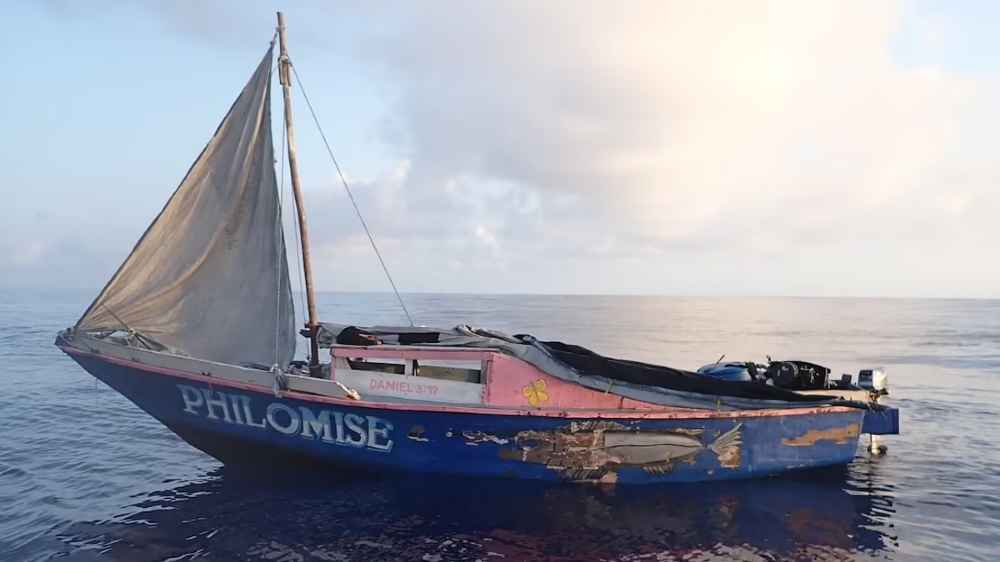Florida Governor Ron DeSantis’s decision to deploy law enforcement officers and a fleet to the state’s southern waters in response to the potential influx of Haitian immigrants has ignited a debate about border security, humanitarian assistance, and the state’s role in managing migration flows. As Haiti grapples with political turmoil, gang violence, and economic instability, thousands of Haitians are fleeing their homes in search of safety and opportunity, raising concerns about mass migration and its implications for Florida’s border security and immigration policies.
The situation in Haiti has deteriorated significantly in recent weeks, with gangs controlling large portions of the capital city and forcing tens of thousands of people to flee their homes. The resignation of Prime Minister Ariel Henry has further heightened tensions, prompting the evacuation of non-essential embassy personnel by the United States and other countries. Against this backdrop of instability, Governor DeSantis has taken decisive action to bolster border security and prevent the unauthorized entry of migrants into Florida.
DeSantis’s deployment of law enforcement officers and an air-and-sea fleet to Florida’s southern waters underscores the state’s commitment to enforcing immigration laws and protecting its borders. With concerns about illegal immigration and public safety at the forefront of his agenda, DeSantis has positioned Florida as a bulwark against unauthorized migration, signaling a tough stance on border security and immigration enforcement.
However, critics argue that DeSantis’s approach prioritizes security over humanitarian concerns, potentially endangering the lives of vulnerable migrants seeking refuge in the United States. As Haiti teeters on the brink of collapse, many advocates call for a more compassionate and inclusive response to the crisis, emphasizing the need to provide assistance and protection to those fleeing violence and persecution.
The deployment of Florida State Guardsmen, National Guard troops, and other state resources to the Florida Keys reflects the state’s proactive approach to managing migration flows and addressing potential security threats. By bolstering border surveillance and interdiction efforts, Florida aims to deter illegal crossings and prevent the entry of undocumented migrants into the state.
At the same time, DeSantis’s actions raise broader questions about the role of states in immigration enforcement and the need for coordinated federal-state responses to migration crises. With immigration policy deeply politicized and contentious, the Haitian crisis underscores the challenges of balancing security imperatives with humanitarian obligations in the context of migration management.
As Florida grapples with the complexities of the Haitian crisis, it faces a delicate balancing act between border security and humanitarian assistance. The state’s response to the influx of Haitian migrants will shape its immigration policies and priorities for years to come, highlighting the need for a comprehensive and compassionate approach to managing migration flows and addressing the root causes of displacement and instability in Haiti and beyond.
